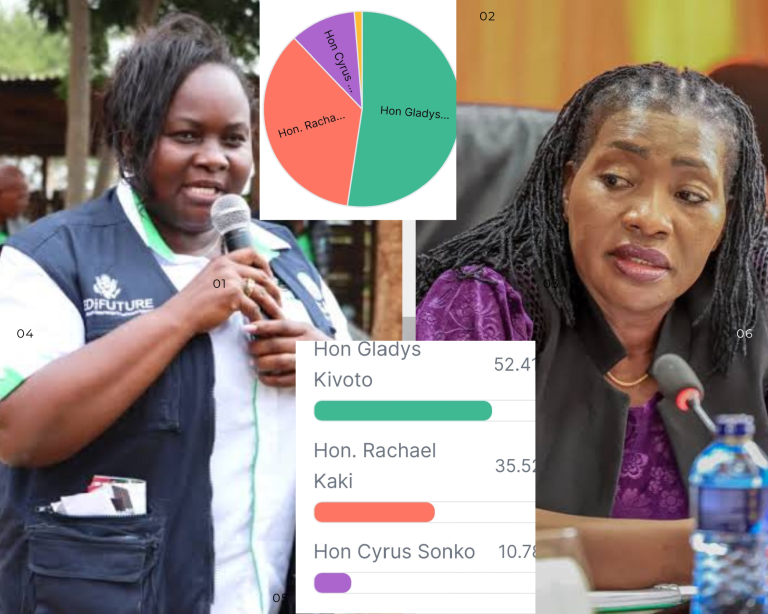
Kitui Governor Dr. Julius Malombe joined fellow county leaders for an induction event at the Swahili Beach Hotel. The gathering brought together governors from across the country to deliberate on strategies for managing urbanization under the Second Kenya Urban Support Program (KUSP II).

The event, organized by the Ministry of Lands, Public Works, Housing, and Urban Development in partnership with the Council of Governors, centered on how counties can better handle the rapid growth of cities and municipalities, in line with the theme of Kenya’s First Urban Forum: *”The Future is Urban.”* Attendees discussed the urgent need for comprehensive urban planning, financing, and governance to ensure that counties are equipped to manage increasing populations and urban expansion.
A series of key resolutions were reached, marking significant steps toward more efficient and sustainable urban management. These include the transfer of functions and assets from county governments to cities and municipalities, a move aimed at improving localized governance and operational efficiency in urban areas.

One of the primary agreements was that county governments must prioritize urban sector financing during high-level intergovernmental meetings, such as the National and County Governments Coordinating Summit. This resolution seeks to ensure that resources are allocated toward the development of infrastructure and services in urban areas, where the pressures of population growth are most pronounced.

The Council of Governors, working alongside the State Department for Housing and Urban Development, will also be developing a model law to implement Section 173 of the Public Finance Management Act. This law will focus on establishing clearer guidelines for the financing of cities and urban areas, addressing a critical gap in the management of these regions.
In a bid to streamline the management and governance of urban areas, a technical and steering team is set to be established. This team, composed of representatives from the Council of Governors, the Ministry of Lands, Public Works, Housing and Urban Development, and the National Treasury, will tackle emerging governance issues in urban centers, with a particular focus on financing models.

Another significant resolution involved fast-tracking the operationalization of the National Urban Development Fund, as directed by the Presidential Directive and outlined in the National Urban Development Policy. This fund will be instrumental in supporting county-led urban development initiatives.
Governors were also urged to engage with President William Ruto to ensure that the implementation of the Markets Program aligns with county priorities, further strengthening the partnership between national and county governments in addressing urban challenges.
At the heart of the discussions was the implementation of KUSP II. Governors agreed to champion this program and ensure that set conditions are adhered to for its full realization. The program, which follows the success of the initial Kenya Urban Support Program, aims to provide a structured approach to urban development, ensuring that Kenya’s urban areas grow in a sustainable and well-planned manner.
Another focus was on ensuring that development financing is prioritized over recurrent expenditure, following a 90:10 ratio as per the Council of Governors’ policy. This emphasis on development is seen as critical to improving infrastructure, housing, and public services in urban areas.
The event concluded with a commitment by county governments to prioritize urban development planning, acknowledging that proactive strategies are crucial in addressing the challenges posed by rapid urbanization.






